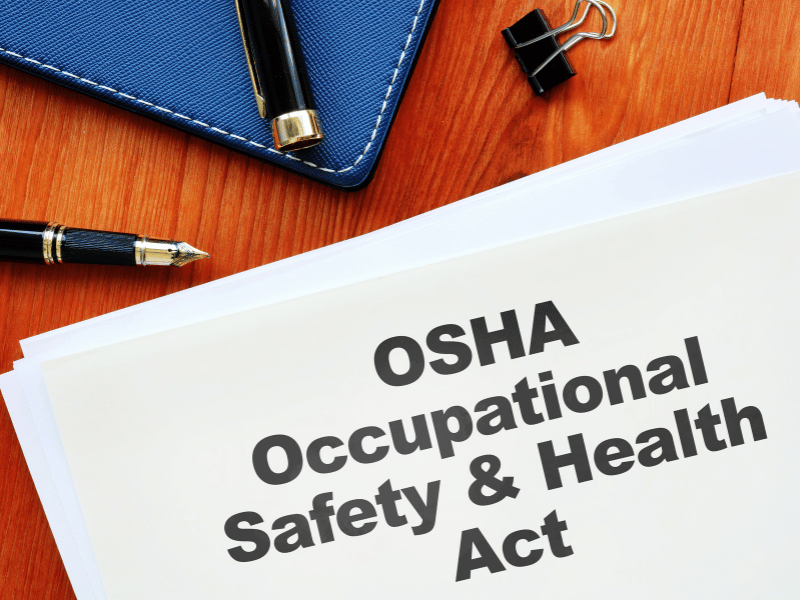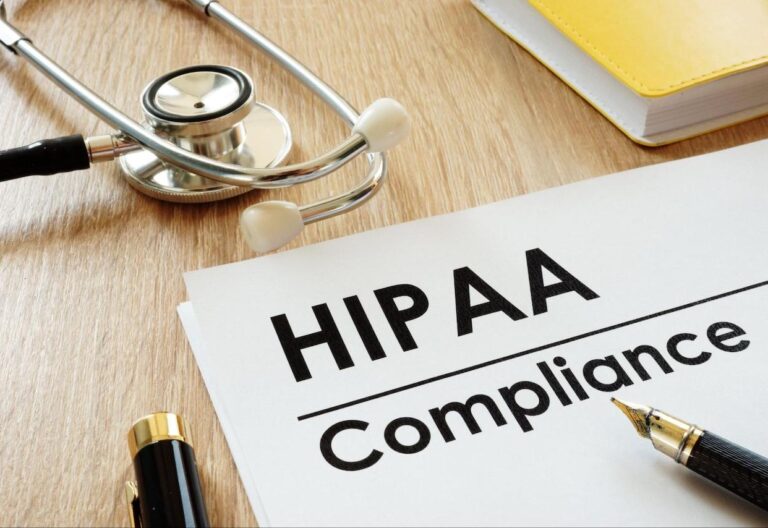Obtaining OSHA 30 certification demonstrates an employee’s competence in managing and handling workplace hazards. From a business standpoint, certified workers instill confidence, resulting in an enhanced reputation and better business performance.
This article discusses the importance of getting OSHA’s 30-hour certification and how to obtain it.
Table of Contents

What Is OSHA 30 Certification?
OSHA, or The Occupational Safety and Health Administration, awards its 30-hour certification to individuals who have completed its comprehensive training, an advanced course designed to help workers and supervisors understand occupational safety and health standards.
OSHA 30 classes are conducted over several days within 30 cumulative hours. Depending on the training provider, course takers can take it in person or online. Participants receive a 30-hour completion card or certificate upon completing the required hours.
Some of the topics covered during the OSHA 30 training include:
- general worksite safety
- avoiding common hazards
- understanding workers’ rights
- employer responsibilities
- personal protective equipment (PPE)
- hazard recognition
- OSHA standards
At the end of every module, participants are given a test to gauge their understanding. They must score at least 70% to move to the next topic. If they fail, they will have to retake the test. They can only take the test three times and will be locked out of the course if they fail on the third try.
OSHA 30 certifications have no expiry, but employers may require employees to take refresher classes every three to five years. This ensures they have the most updated knowledge of OSHA standards.
See also: OSHA 510 training

Benefits of OSHA 30 Certification
Obtaining OSHA 30 certification offers several key advantages to both individuals and employers.
Some of its benefits include:
Enhanced safety knowledge
Employees who obtain OSHA 30 certification gain a deeper understanding of workplace hazards and safety best practices. They will be better equipped to recognize the risks of accidents, injuries, and illnesses.
Improved workplace safety and culture
Promoting OSHA 30 certification and having certified workers fosters a culture of safety within the company. These workers have a higher awareness of safety protocols and are more likely to adhere to the guidelines. They’ll also encourage others to do the same.
Reduced incidents and injuries
With increased safety knowledge and awareness, workers can proactively identify and address potential hazards, preventing accidents. This will reduce workplace injuries, cultivating a safer work environment.
Increased productivity
A safer work environment creates a more productive workplace. Since there are fewer chances of work-related injuries or illnesses, the business will experience fewer disruptions and downtime. Employees will also be encouraged to report to work, reducing absenteeism.
Better competitive advantage
Customers and investors prefer safety-conscious companies that prioritize workplace safety and invest in employee training. Having workers who are OSHA 30 certified builds the company’s reputation and creates better business opportunities.
Industries Requiring OSHA 30 Certification
OSHA 30 certification is often required in industries where workers face significant occupation hazards. Some of these industries are:
- Construction: Job sites have various hazards, such as working at heights, operating heavy machinery, and being exposed to hazardous materials.
- Oil and Gas: Workers face challenging environments where they can be exposed to chemicals or work in confined spaces.
- Manufacturing: Facilities have numerous hazards, including machinery operations, chemical exposure, and ergonomic risks.
- Utilities: Electric, gas, water, and telecommunications sectors face hazards like high-voltage electricity, confined spaces, and working at heights.
- Healthcare: Health workers face unique hazards like exposure to infectious diseases, patient handling injuries, and workplace violence.
- Transportation and Warehousing: Workers experience risks related to materials handling, forklift operation, and working in confined areas.
- Demolition: Work involves dismantling structures and handling hazardous materials like asbestos and lead-based paint.

How to Obtain OSHA 30 Certification
There are two ways to get an OSHA 30 Certification: attend in-person classes or enroll in an OSHA 30 certification online course. Both require completing a 30-hour safety training course. Here’s how to enroll in either one:
1. Select a training provider.
Choose a reputable training provider that offers OSHA 30-hour outreach training. OSHA authorizes in-person and online training providers to deliver the course. Be careful of fake providers, and always ensure that the provider you’ll get is authorized. This assures that you’ll get a valid certificate. You can verify the training provider’s accreditation status by visiting the OSHA website or contacting them directly.
If you’re attending an in-person course, find out about the schedule, location, and any prerequisites. For OSHA 30 online courses, go to their website and register. They offer self-paced courses so you can complete the modules at your own convenience.
2. Complete the course and pass the assessment.
OSHA 30 training may be delivered through lectures, multimedia presentations, discussions, and hands-on exercises. Ensure you complete all the required materials and thoroughly understand the subjects covered.
Complete the required assessments and work diligently to get a passing score. Since retakes are limited, always review the subject material before taking an assessment. The passing score is typically 70%, but some training providers may require a higher score.
3. Receive the certification.
Upon successful completion of the OSHA 30-hour course and passing the assessment, you will receive your OSHA 30 certification. Your training provider will issue you a completion card or a training certificate. The certification is valid nationwide and does not expire.
However, staying updated on relevant safety regulations and best practices is crucial even if your certificate remains valid. Consider taking refresher courses or additional training to keep your knowledge current and enhance your safety skills.
OSHA 30 certification demonstrates your commitment to workplace safety and may be required by employers or regulatory agencies in specific industries. Remember to choose a reputable training provider and complete the comprehensive 30-hour training course to obtain the certification.







